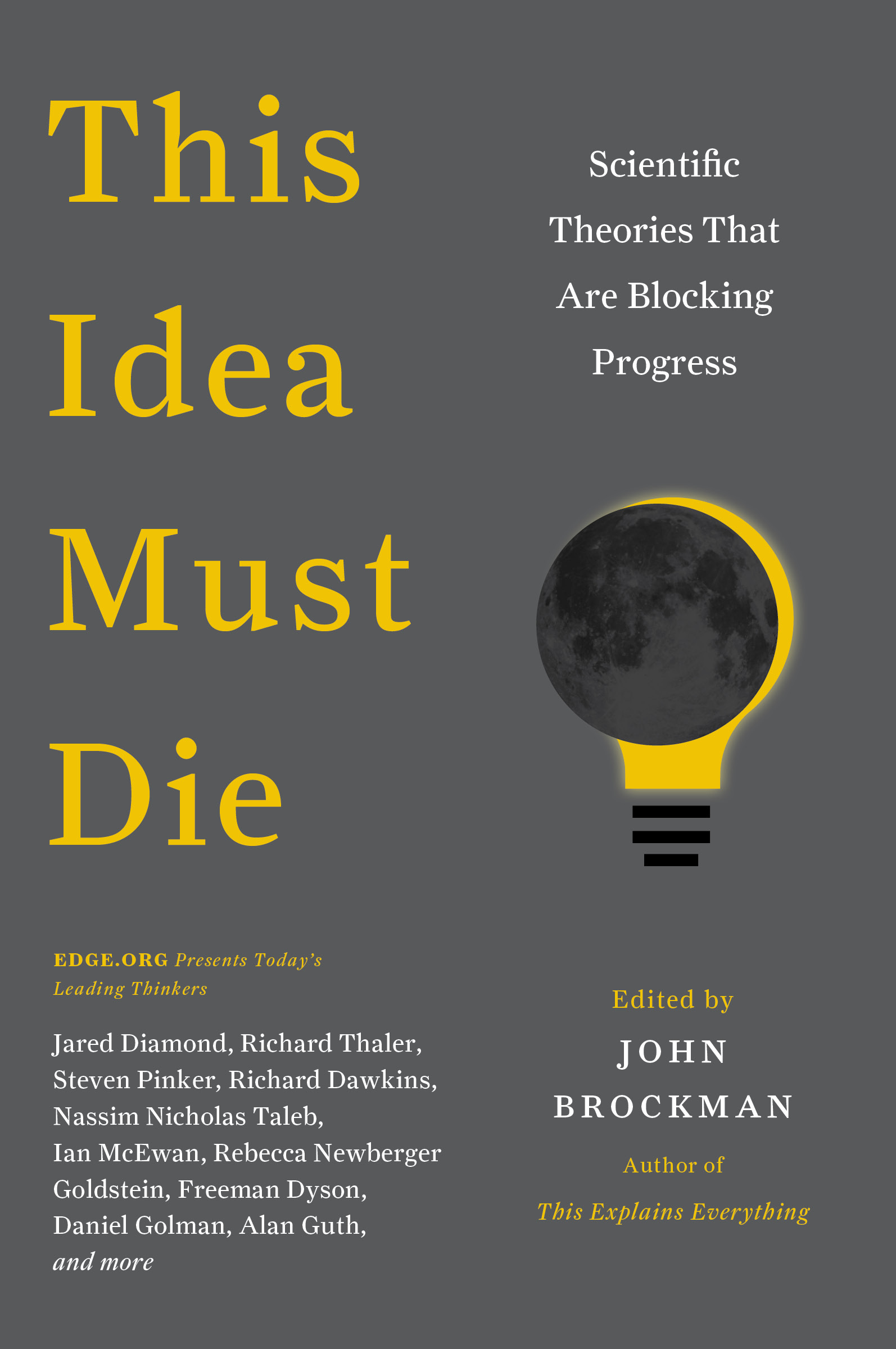Once you really solve a problem like direct brain-computer interface ... when brains and computers can interact directly, that's it, that's the end of history, that's the end of biology as we know it. Nobody has a clue what will happen once you solve this. If life can break out of the organic realm into the vastness of the inorganic realm, you cannot even begin to imagine what the consequences will be, because your imagination at present is organic. So if there is a point of Singularity, by definition, we have no way of even starting to imagine what's happening beyond that.

YUVAL NOAH HARARI, Lecturer, Department of History, Hebrew University of Jerusalem, is the author of Sapiens: A Brief History of Humankind. Yuval Noah Harari's Edge Bio Page
DANIEL KAHNEMAN is the recipient of the Nobel Prize in Economics, 2002 and the Presidential Medal of Freedom, 2013. He is the Eugene Higgins Professor of Psychology Emeritus, Princeton, and author of Thinking Fast and Slow. Daniel Kahneman's Edge Bio Page
THE REALITY CLUB: Nicholas Carr, Steven Pinker, Yuval Noah Harari, Kevin Kelly
Death Is Optional

DANIEL KAHNEMAN: Before asking you what are the questions you are asking yourself, I want to say that I've now read your book Sapiens twice and in that book you do something that I found pretty extraordinary. You cover the history of mankind. It seems to be like an invitation for people to dismiss it as superficial, so I read it, and I read it again, because in fact, I found so many ideas that were enriching. I want to talk about just one or two of them as examples.
Your chapter on science is one of my favorites and so is the title of that chapter, "The Discovery of Ignorance." It presents the idea that science began when people discovered that there was ignorance, and that they could do something about it, that this was really the beginning of science. I love that phrase.
And in fact, I loved that phrase so much that I went and looked it up. Because I thought, where did he get it? My search of the phrase showed that all the references were to you. And there are many other things like that in the book.
How did you transition from that book to what you're doing now?

YUVAL NOAH HARARI: It came naturally. My big question at present is what is the human agenda for the 21st century. And this is a direct continuation from covering the history of humankind, from the appearance of Homo Sapiens until today, so when you finish that, immediately, you think, okay, what next? I'm not trying to predict the future, which is impossible, now more than ever. Nobody has a clue how the world will look like in, say, 40, 50 years. We may know some of the basic variables but, if you really understand what's going on in the world, you know that it's impossible to have any good prediction for the coming decades. This is the first time in history that we're in this situation.
I'm trying to do something that is the opposite of predicting the future. I'm trying to identify what are the possibilities, what is the horizon of possibilities that we are facing? And what will happen from among these possibilities? We still have a lot of choice in this regard.












